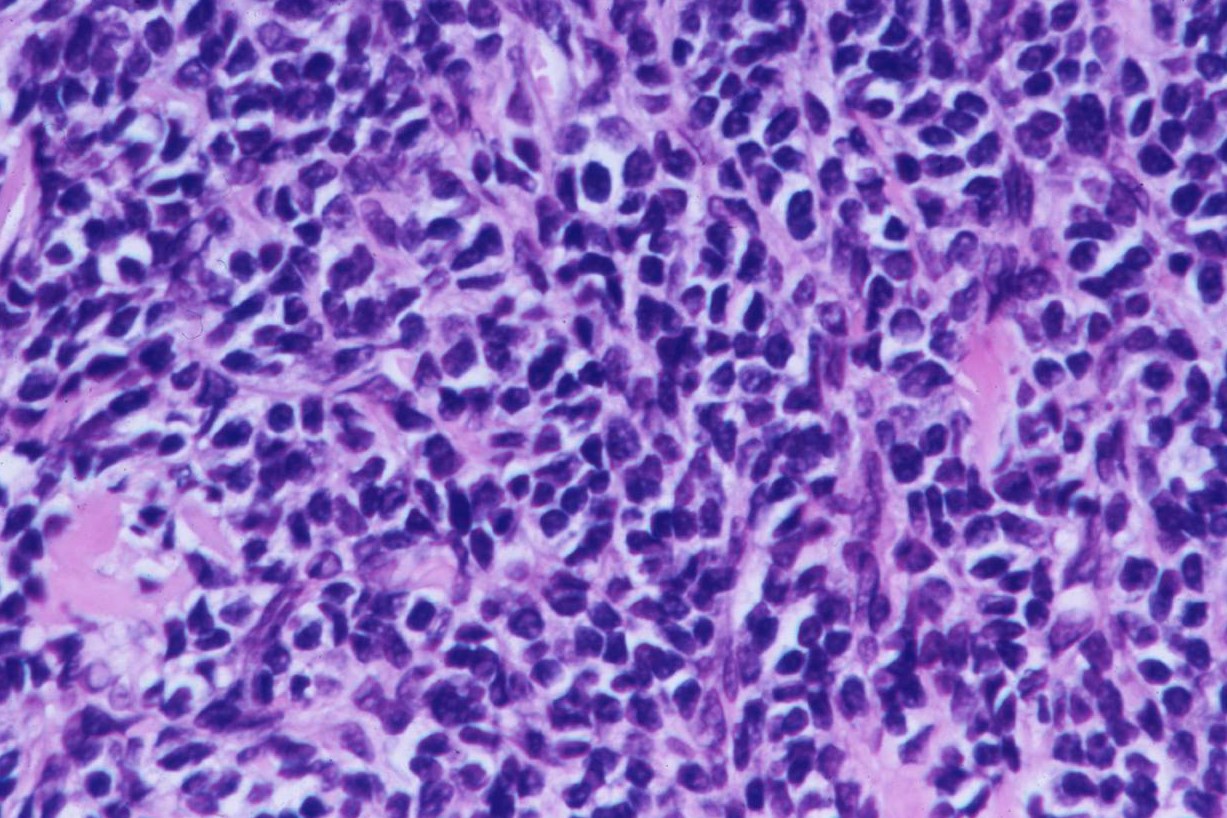
What exactly is a malignant mesenchymal tumor? These rare tumors arise from connective tissues like bone, muscle, fat, and cartilage. Unlike benign tumors, malignant ones can invade nearby tissues and spread to other parts of the body. Understanding malignant mesenchymal tumors is crucial because they can be aggressive and challenging to treat. They often require a combination of surgery, chemotherapy, and radiation therapy. Early detection and treatment are vital for improving outcomes. This article will provide 25 key facts about these tumors, helping you grasp their nature, symptoms, and treatment options. Stay informed and proactive about your health!
Key Takeaways:
- Malignant mesenchymal tumors are rare cancers that start in connective tissues. Look out for symptoms like swelling, pain, and limited mobility for early detection and better outcomes.
- Genetic mutations, radiation exposure, and inherited conditions can increase the risk of developing malignant mesenchymal tumors. Early diagnosis and personalized treatment are crucial for managing this serious condition.
What is a Malignant Mesenchymal Tumor?
Malignant mesenchymal tumors are a rare type of cancer that originates from the connective tissues in the body. These tumors can develop in bones, muscles, fat, and cartilage. Understanding these tumors is crucial for early detection and treatment.
- Mesenchymal tumors originate from mesenchymal cells, which are the building blocks for connective tissues.
- Sarcomas are the most common type of malignant mesenchymal tumors.
- These tumors can occur anywhere in the body, including limbs, abdomen, and chest.
- Soft tissue sarcomas are more common than bone sarcomas.
- Osteosarcoma is a type of malignant mesenchymal tumor that affects bones, particularly in children and young adults.
Symptoms of Malignant Mesenchymal Tumors
Recognizing the symptoms early can lead to better outcomes. Symptoms often depend on the tumor's location and size.
- Swelling or a lump that can be felt through the skin is a common symptom.
- Pain in the affected area, especially if the tumor presses on nerves or muscles.
- Limited mobility if the tumor is near a joint.
- Unexplained weight loss can be a sign of advanced cancer.
- Fatigue and general weakness are also common symptoms.
Causes and Risk Factors
While the exact cause of malignant mesenchymal tumors is not always known, several risk factors can increase the likelihood of developing these tumors.
- Genetic mutations play a significant role in the development of these tumors.
- Radiation exposure from previous cancer treatments can increase the risk.
- Inherited conditions like Li-Fraumeni syndrome and neurofibromatosis type 1 are linked to higher risks.
- Chemical exposure to certain industrial chemicals may also be a factor.
- Chronic inflammation in tissues can sometimes lead to tumor development.
Diagnosis of Malignant Mesenchymal Tumors
Accurate diagnosis is essential for effective treatment. Various methods are used to identify and confirm the presence of these tumors.
- Imaging tests like X-rays, CT scans, and MRIs help visualize the tumor.
- Biopsy involves taking a tissue sample for microscopic examination.
- Blood tests can sometimes indicate the presence of cancer.
- Genetic testing may be used to identify specific mutations associated with the tumor.
- Pathology reports provide detailed information about the tumor type and grade.
Treatment Options
Treatment for malignant mesenchymal tumors often involves a combination of therapies tailored to the individual's specific condition.
- Surgery is the primary treatment to remove the tumor.
- Radiation therapy may be used before or after surgery to kill remaining cancer cells.
- Chemotherapy involves using drugs to destroy cancer cells, often used for aggressive tumors.
- Targeted therapy focuses on specific molecules involved in tumor growth.
- Immunotherapy helps boost the body's immune system to fight cancer.
Understanding malignant mesenchymal tumors is key to managing and treating this rare but serious condition.
Final Thoughts on Malignant Mesenchymal Tumors
Malignant mesenchymal tumors, though rare, pose significant health challenges. Understanding their origins, symptoms, and treatments can make a big difference in early detection and management. These tumors arise from connective tissues like bone, muscle, and fat, making them diverse in nature. Symptoms often include pain, swelling, or a noticeable lump, which shouldn't be ignored. Treatment usually involves a combination of surgery, radiation, and chemotherapy, tailored to the tumor's type and stage.
Awareness and education about these tumors are crucial. Early diagnosis can improve outcomes and provide patients with more treatment options. If you or someone you know experiences persistent, unexplained symptoms, consulting a healthcare professional is essential. Knowledge empowers us to take proactive steps toward better health. Stay informed, stay vigilant, and prioritize regular medical check-ups.
Frequently Asked Questions
Was this page helpful?
Our commitment to delivering trustworthy and engaging content is at the heart of what we do. Each fact on our site is contributed by real users like you, bringing a wealth of diverse insights and information. To ensure the highest standards of accuracy and reliability, our dedicated editors meticulously review each submission. This process guarantees that the facts we share are not only fascinating but also credible. Trust in our commitment to quality and authenticity as you explore and learn with us.
